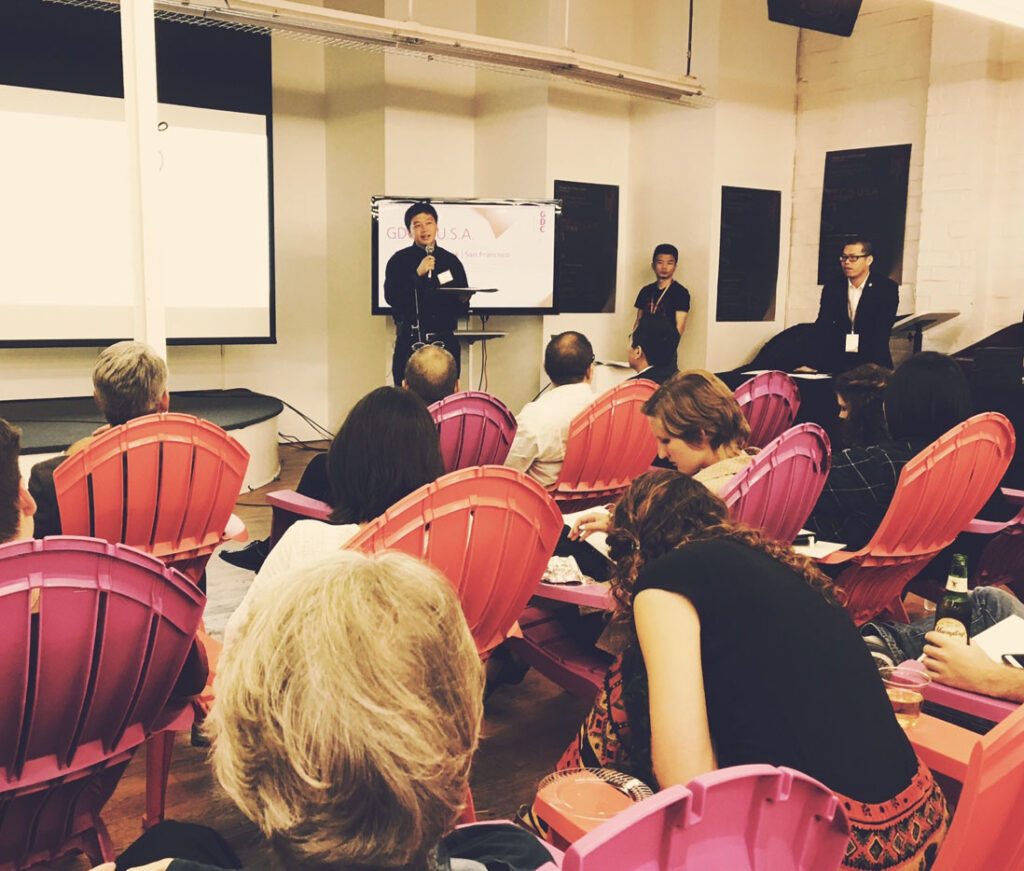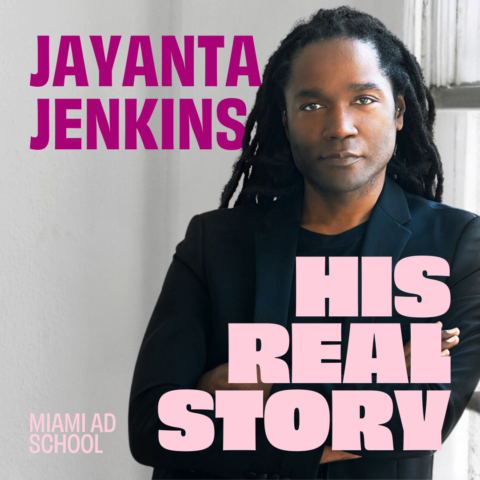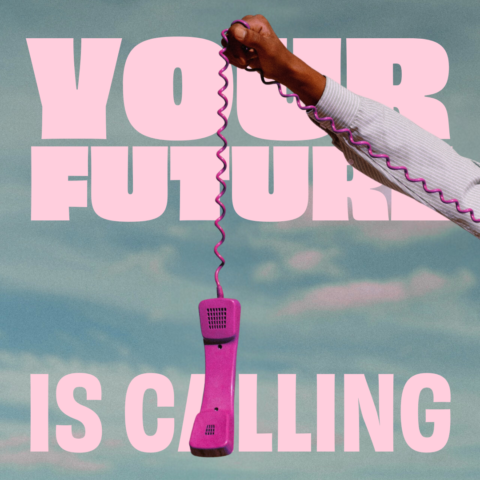
3 Reasons Millennials Behave Differently at Work (and How You Can Build a Better Culture for Them)
If you want to create a great working environment in your agency, you need to understand your staff. And age is the biggest determinant of someone's values.
Baby Boomers will have shared values. Gen Z will have shared values. As will millennials. These values are created by the events that happen when we're growing up.
If you look at the events that shaped millennials' lives, actually the three I find the most interesting are birth control, domestic terrorism, and race.
Let's look at birth control:
1. Birth Control
The parents of millennials had access to birth control. They could control the number of children that they had. As a result, the birth rate year after year after year has either gone down or remained constant for 20 years. If people are having fewer children, that gives them time to spend with their children, and that's where the term helicopter parent came about. A whole term was developed during the lifetime of millennials to describe the parenting style that their parents had, which was you hover over your child, making sure they're doing the right thing, they're having the best experiences. You're praising them when they're doing something right. You're correcting them when they're doing something wrong. This is the reason why millennials are very interested in feedback. They want reviews. They want to know they're doing a good job. They expect credit for things. That's because that's what they were raised with.
I did a survey of 200 millennial graduates. Some of the things that they said regarding this were, my supervisor takes my ideas seriously, considers them, includes me in things, which is what a parent would do if they had one or two children. Another one said that their supervisor would give them (when they had done something great) American Express gift cards for 50 bucks. So it's not a lot of money to say, "thank you for that good job".
Another said that the higher-ups in their company would actually come to your office and say, "thank you, we really appreciate what you did". Another agency that was mentioned would actually write agency-wide emails acknowledging and thanking the person who had just accomplished something really nice for the agency. Those are all things that are super inexpensive and easy for an agency to implement that will create a better culture for millennials.
2. Domestic Attacks
The second thing I want to talk about is domestic terrorism. This never happened with Gen Z or Boomers. This was unique to a millennial's life. They grew up during 9/11. They were children when 9/11 happened and the World Trade Centers in the US were... Airplanes were flown into them and they fell. That drastically affected our culture. A new term came up called cocooning. People and families, instead of going out to big events or concerts or things like that, tended to stay home and hang out with their families or groups of close friends.
High school students and middle schoolers and elementary schoolers, we had a huge explosion of gun violence in schools where students would go bonkers and come in and shoot up the school and kill their classmates. They put metal detectors in front of some schools so that every child, every day to school, had to walk through a metal detector. If you're growing up that way and you realize, I may not be alive tomorrow, going to school today may kill me, what you do with your life and how you spend it becomes really important. They wanted to spend their lives doing something that they value, that they enjoy, that they feel makes a difference.
In regards to the survey that I did, some of the people that... Some of the grads that responded said that their agency gave them better briefs, that they gave them projects that were meaningful. That's going back to that same value that was created because of that domestic terrorism.
3. Race
The last thing I want to talk about is race. This is the first generation that's grown up with very, very, very multicultural young people around them, in the schools and everything else. Much more so than any of the other generations before them. They feel very comfortable with diverse groups of people and friends. This is really important for agencies to pay attention to now because there are so many cases of messaging that is insensitive to minorities.
Something we started five years ago was a program to increase our minority enrollment. Our goal was to make minority enrollment in our school match the minority population in the United States. We researched why minorities did not pursue creative careers. We found out the reasons. We have a whole study in that if you want to see it. We addressed those. We also brought in mentors to mentor them, and also scholarships. Within only four years, we brought our minority enrollment from 19 to 53%. It's possible to do this, you just have to put together a plan. Now, we're graduating the minority creatives and strategists that agencies need to diversify their staff.
In Brazil, we have an initiative called, The Social Program, where again, we're bringing in diverse backgrounds and offering them scholarships in order to help diversify agencies.
Boomers and Gen Z often don't understand millennials. It's not that the values the millennials have are wrong, they're just different. When Gen Z entered the workforce, it was a badge of honor to work 80 hours a week. Back then Chiat/Day was nicknamed Chiat/Day and Night. Friends at another national agency said that their agency motto was, "If you don't come in on Sunday, don't bother coming in on Monday." Millennials don't put work above everything else in their life.
I did a survey of 200 millennials and the number one thing that they said made their agency a great place to work was meaningful projects. The second thing was the agency culture. The third thing was feeling appreciated, having somebody tell them, thank you. The fourth was salary. Fifth, supportive supervisors. The sixth was agency location. The seventh, the seventh thing was an opportunity for advancement.
I found that oftentimes when millennials are asking for a review, they're not asking for a promotion or a salary increase, they're looking to know how to do their job better.
I had a graduate and she would go to her supervisor and say, what do I need to do to become a creative director? Because she felt she needed to have the job of a creative director before she had the title, Mom. Her creative worked with her and taught her the skills she needed to build and all of that. She consciously started to work on those things. She went to work in another agency as an ACD, and she worked in that agency for a while. Then she got hired back at the other agency, Droga5, as a creative director. Then she had a baby. She fulfilled her dream and is an amazing talent. When she was talking to her supervisor about how does she become a creative director, it wasn't even necessarily within that agency. It's just she wanted to build that skillset. She wanted to be prepared for that job.
Helping millennials work through all of that, it's really easy. Just make them feel appreciated. Tell them, thank you. Have the supervisors or the agency leadership come and if they've done something remarkable, say, Hey, we appreciate you. Your agency can send out company-wide emails crediting different people in different departments for really what they've done. You can give $50 gift cards. It's really easy to make somebody feel appreciated, and it's wonderful. It's all about creating a great agency culture.
If you look at the word culture and where it comes from, it comes from the Latin word, colere, which means to cultivate. To help something grow. If you help your staff grow, you're actually improving your agency too, so it's a win-win for everybody.






